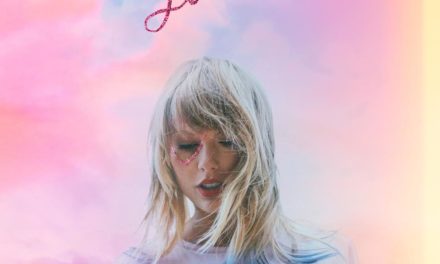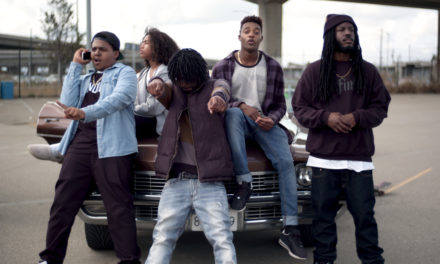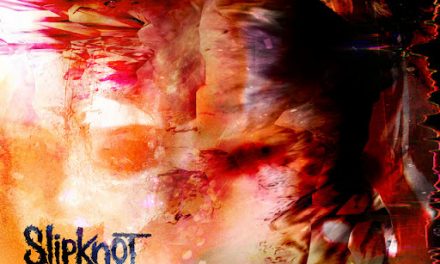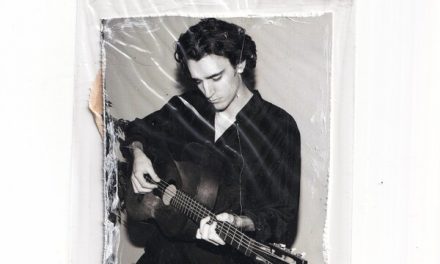In 1996, investigative journalist Gary Webb published the “Dark Alliance” series, an investigation into the crack-cocaine trade in Los Angeles, alleging that “for the better part of a decade, a San Francisco Bay Area drug ring sold tons of cocaine to the Crips and Bloods street gangs of Los Angeles and funneled millions in drug profits to a Latin American guerrilla army run by the U.S. Central Intelligence Agency.”
The government, in the interest of funding its anti-communist agenda, had facilitated the introduction of the destructive crack cocaine into the African-American population of Los Angeles. This led to its spread across the country and the destruction of countless lives and communities.
I bring this history up because it saves me a lot of time when summarizing the plot of Zootopia, the latest funny talking animal film from Walt Disney Animation Studios.
This is barely a subtextual reading of the film, which is why Zootopia might be one of the most interesting projects to come out of the New Disney Renaissance so far.
Up until 2012, Disney Animation was often the black sheep compared to its much more prestigious adopted brother, Pixar, which pushed the animation medium and grappled with complex emotional content grounded in strong characters. Wreck-It Ralph seemed to find some deep creative spark that imparted those same qualities (perhaps the move of Pixar wunderkind, animator and co-founder John Lasseter helped), and they’ve been on a hot streak with films like Frozen, Big Hero 6 and now Zootopia.
Zootopia presents an idea that Pixar never before dared come close to approaching so directly: a film that addresses politics. It takes place in a world where animals grow beyond their baser instincts and form civilizations in which they wear clothes and live in cities. We’re brought into this world by Officer Judy Hopps (Ginnifer Goodwin), a young bunny given the chance to become the first bunny police officer in the Zootopia Police Force.
She leaves her rural home for the sprawling Zootopia, where she finds that the city is not a place “where you can be anything.” Rather, the city is made up of predators and prey living side by side, an uneasy alliance full of racial misunderstandings and complex navigations where she is unable to get a foothold in the force.
That is, until she gets a marginal case in a larger series of predator disappearances that leads her on a mission to find a missing otter with the help of Nick Wilde (Jason Bateman), a smooth-talking con-man fox. The case leads our heroes deep into the heart of darkness within the city as forces seek to ignite racial tensions to turn the majority prey against the minority predators.
Before I get in too deep, I want to praise this film effusively. As a piece of animation craft, Zootopia is an absolute triumph. It’s gorgeous, sprawling and deeply detailed. The designs are amazing and clever — it feels like a real world, no matter how fantastic and pun-based it is.
The voice actors here are pitch-perfect. Goodwin and Bateman give a lot of depth and shading through their vocalizations of their respective characters, and you can honestly feel their chemistry even without seeing them directly on screen. Comedian Jenny Slate, a sheep and Assistant Mayor Dawn Bellwether, also makes an interesting case for her voice as one of the most effective parts of her comedic persona. This is especially true when her voice is highlighted as its own character.
The writing is also incredibly clever and truly an ambitious undertaking. Beyond the standard animal puns and pop-culture references that would dominate a film like this, the eight Zootopia writers have sown a surprisingly effective and family-friendly exploration of race and how we as a culture deal with it.
It’s a film that doesn’t reduce the complexity of the issue down to a form of bullying, like far too many films about race end up doing (see: Race); and it doesn’t make the situation something simple or even something that’s fixed. It discusses how racism emerges in subtle attitudes. There’s an exchange about how only bunnies can call other bunnies “cute.” Our lead fox is called “very articulate” by our lead bunny.
And of course, the larger text of the film deals with the ways in which majority powers seek to oppress minorities and destroy their communities for their own interests. It’s why I bring up the introduction of crack-cocaine; it’s a major evocation of the film, and I think a brave and intelligent allusion for a film like Zootopia to make.
Alas, it is in ambition that we can also bring criticism. The problem is similar to the problem I have with a franchise like X-Men and its “mutants as minorities” metaphor. It’s difficult to create sympathy because real world minorities aren’t actual threats.
The film pitches the prey as the majority and the predators as the minority. However, for the story to work, it must both differentiate the predator and make sure that the predator seems dangerous, as the plan includes the predators going “savage.”
And it accomplishes that. But, unfortunately, this accomplishment is at the expense of its central metaphor. The film asks us to overlook the fact that it made its minority characters legitimately dangerous and wallpapers over it with “they’re not actually like that, most of the time.”
This is a dangerous attitude, one that poses the idea that there is a dark heart within the minorities that has fortunately been squashed by society. That’s a message that can leave both the racist and the anti-racist feeling equally validated. It’s a message made with the best of intentions and therefore, I laud it.
As it stands, Zootopia is one good story meeting short of being Disney’s greatest. It’s beautiful, it’s well-crafted, it’s ambitious and it’s deeply brave in its intentions. Just a little more thought, perhaps a flip of the relationship, and it would have been a classic to sing from the rooftops, instead of being the scarred beauty it is.
Grade: B
Opinion Editor | Brandon Wagner is a College Senior from God Only Knows Where, America studying Film and Media Studies with a minor in Religion. This is his first year for the Wheel, in a likely misguided experiment to be a film critic. When he's not writing on the biggest blockbusters or the films of Spike Jonze or Andrei Tarkovsky or Zack Snyder, he's writing on comedic television, the future of gaming as an art, or the relationship between audience and cinematic experience. In other words, Brandon Wagner has basically nothing else going on but this.






